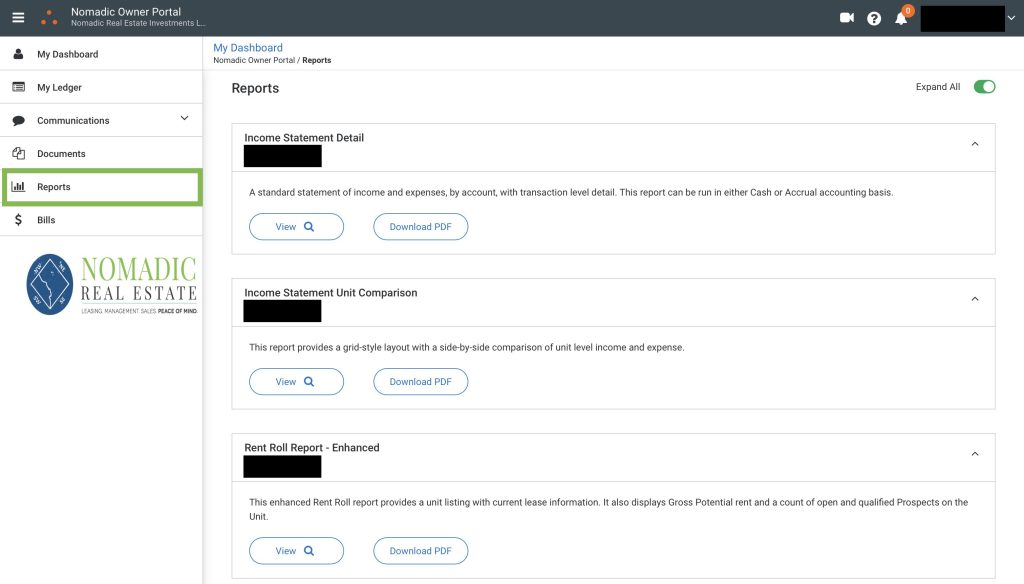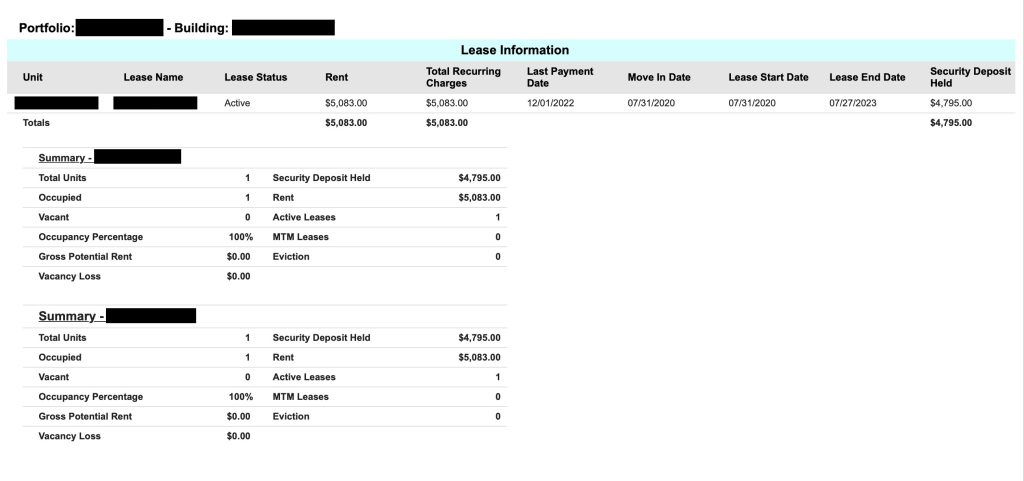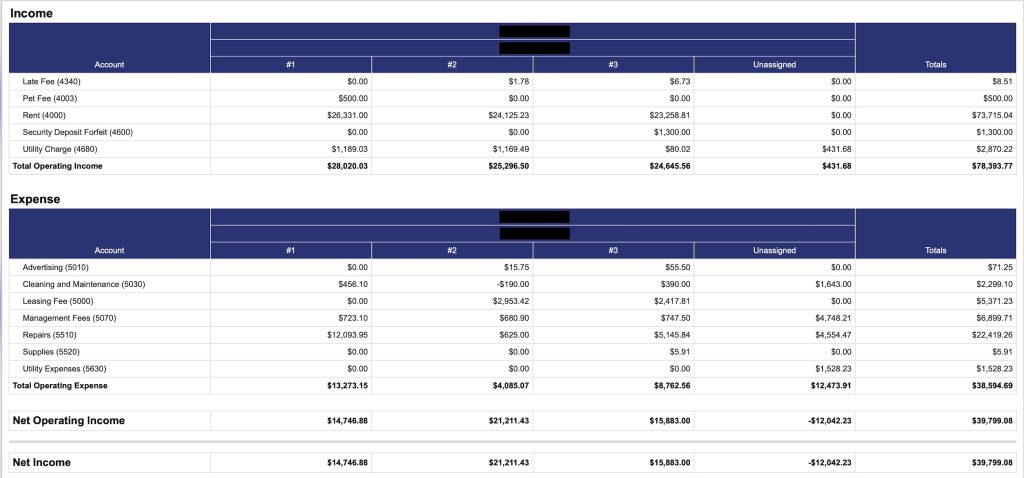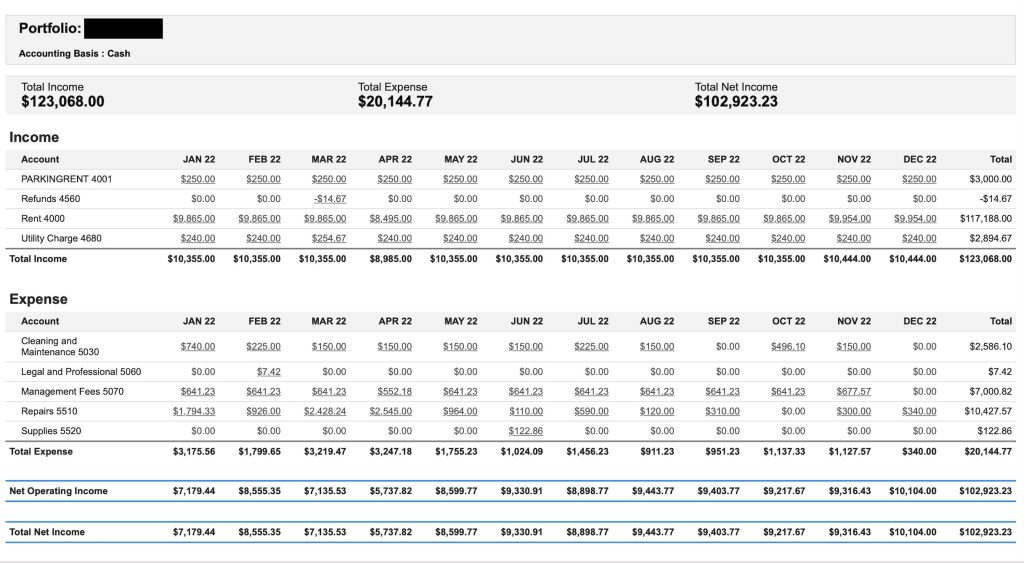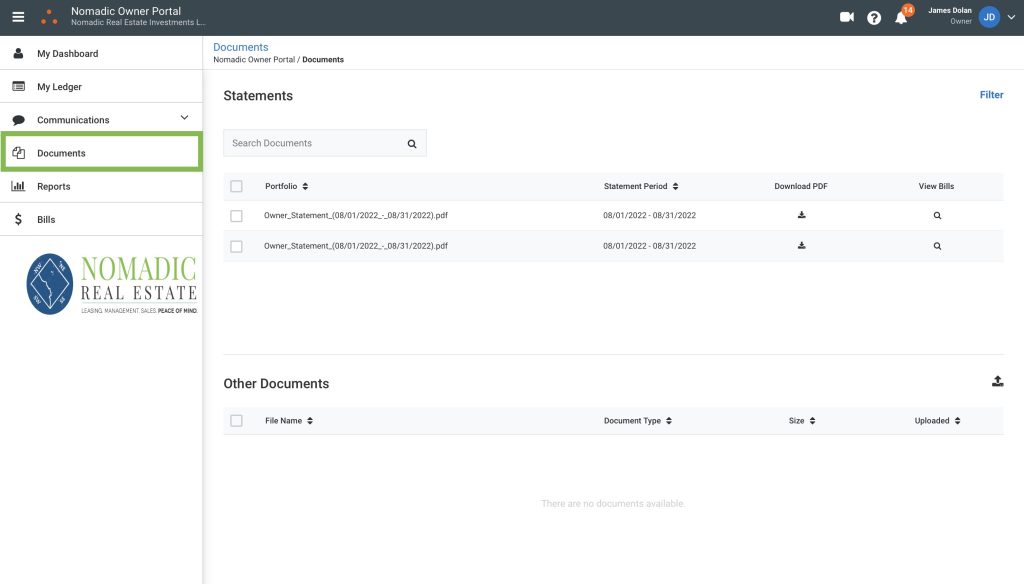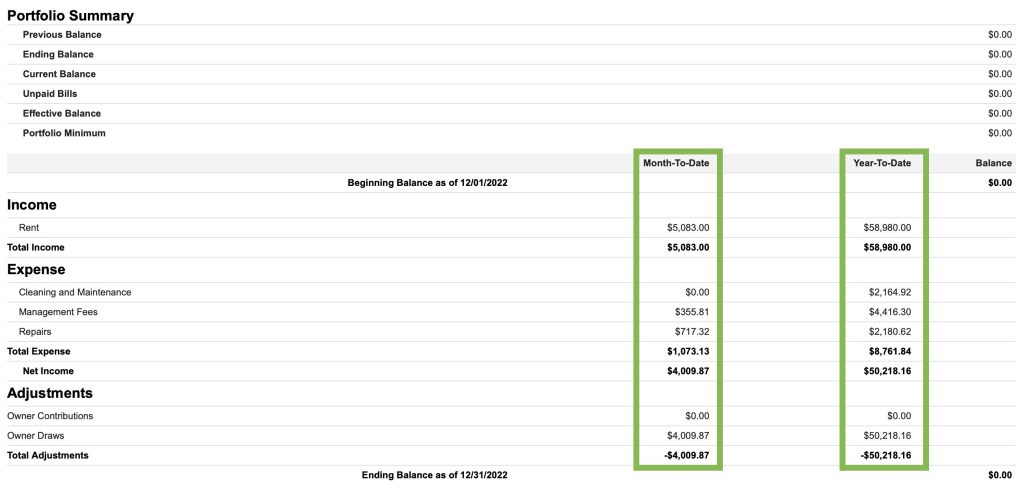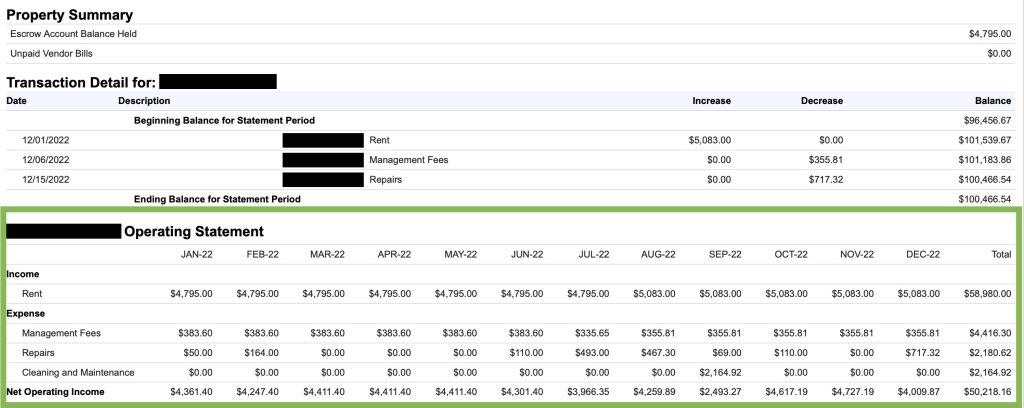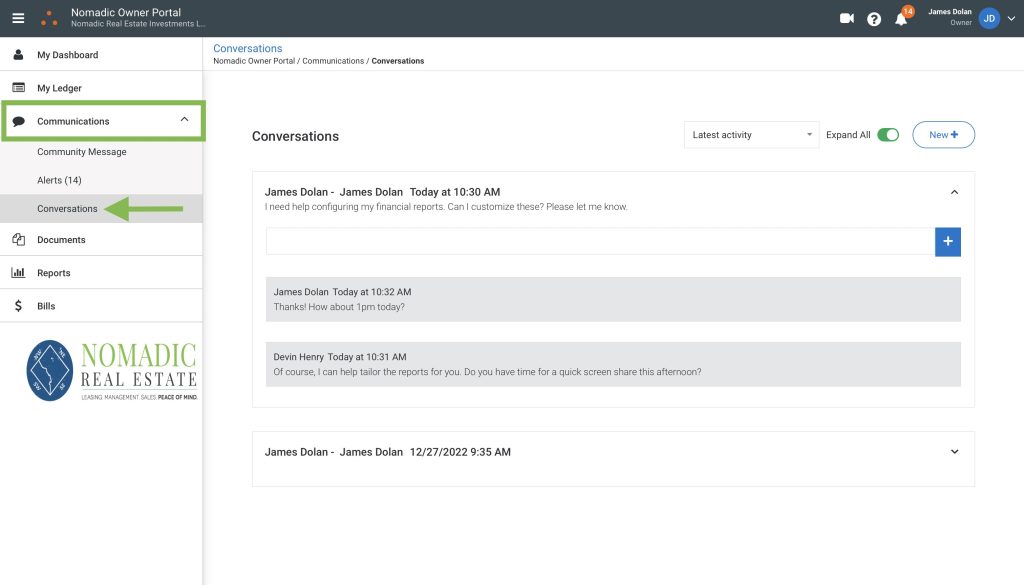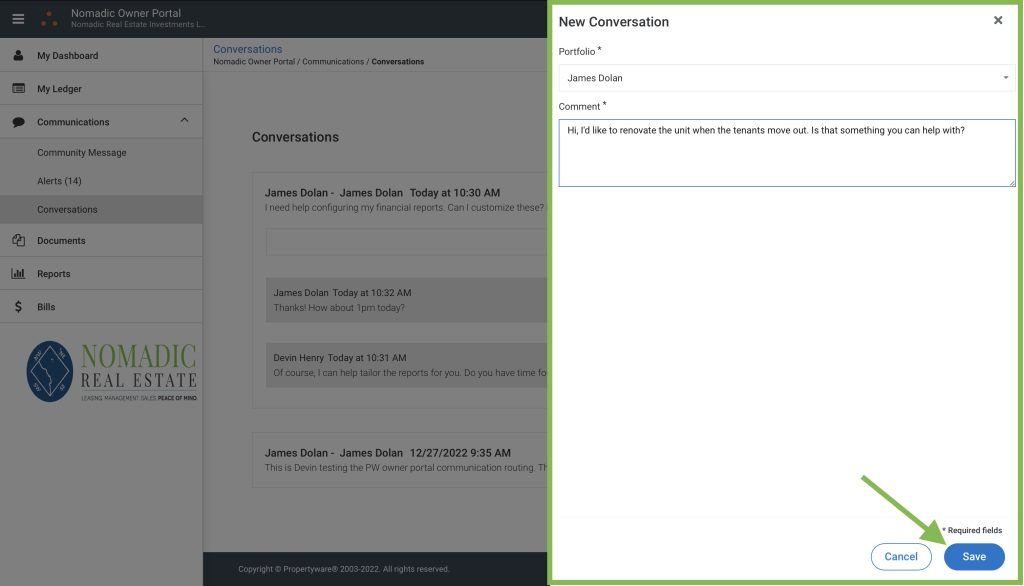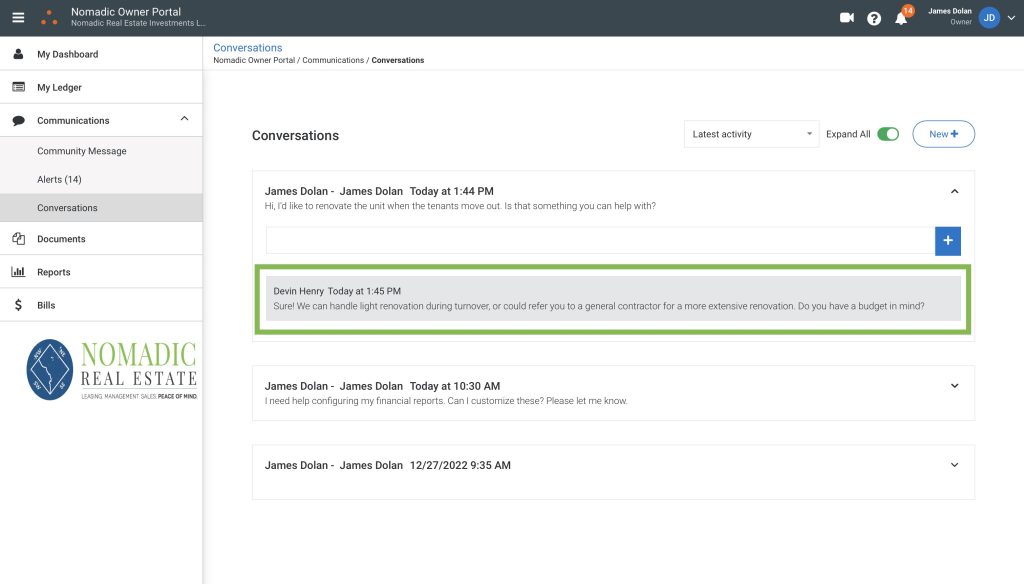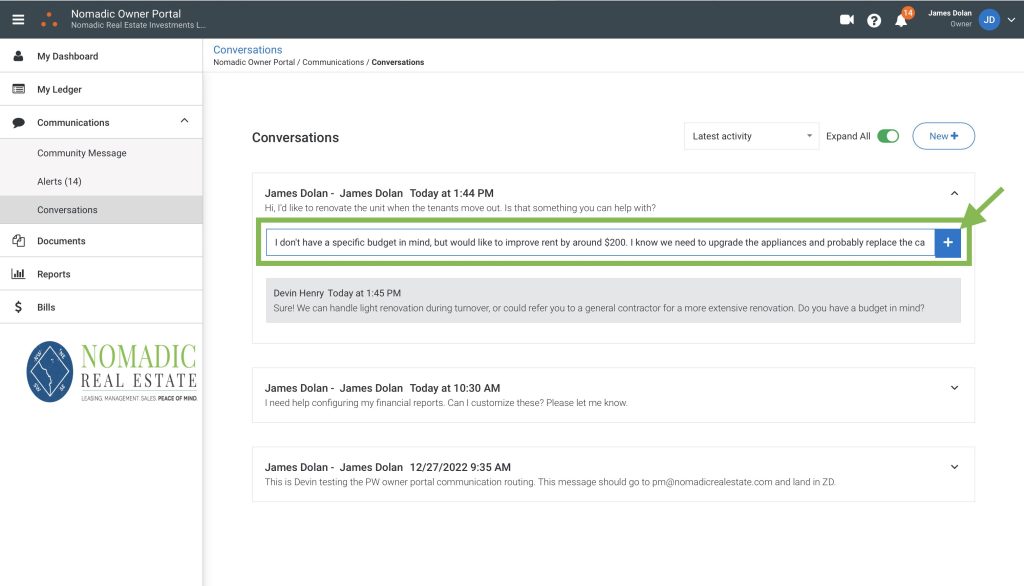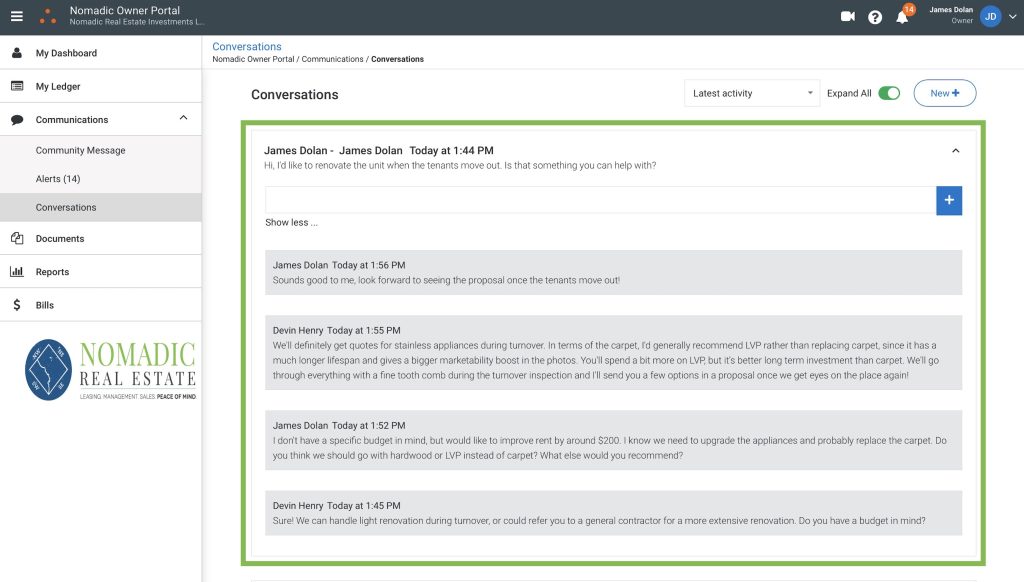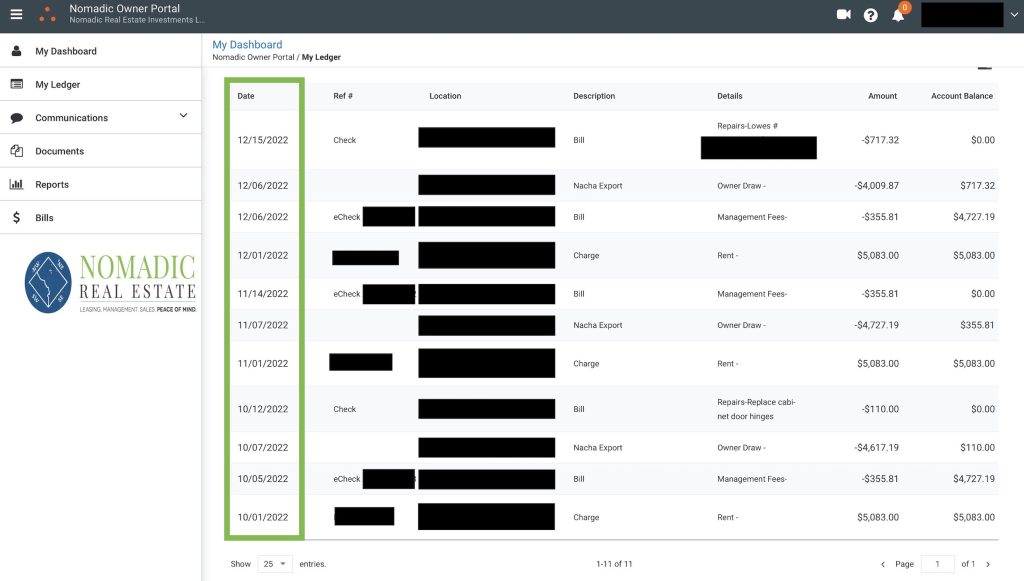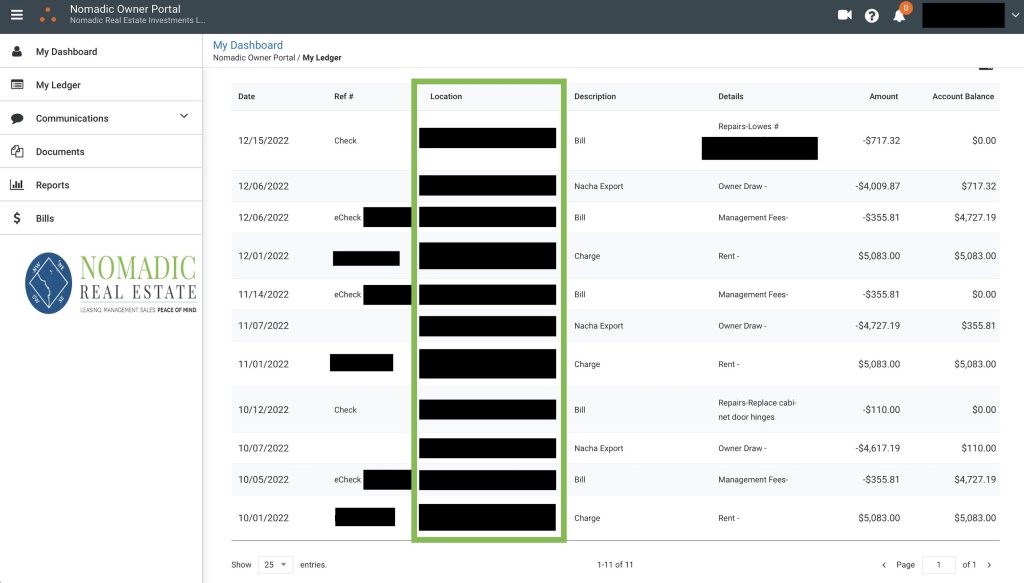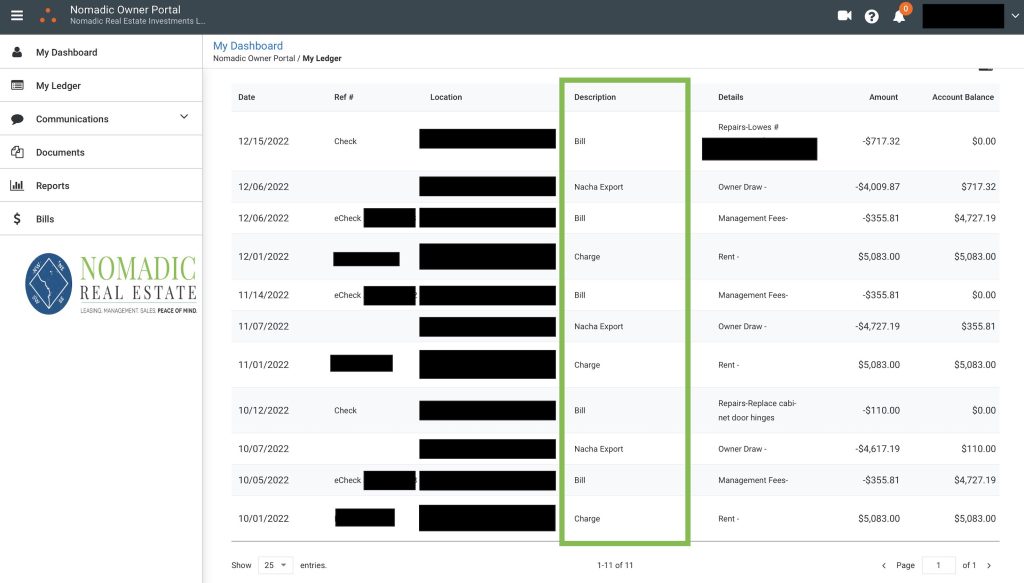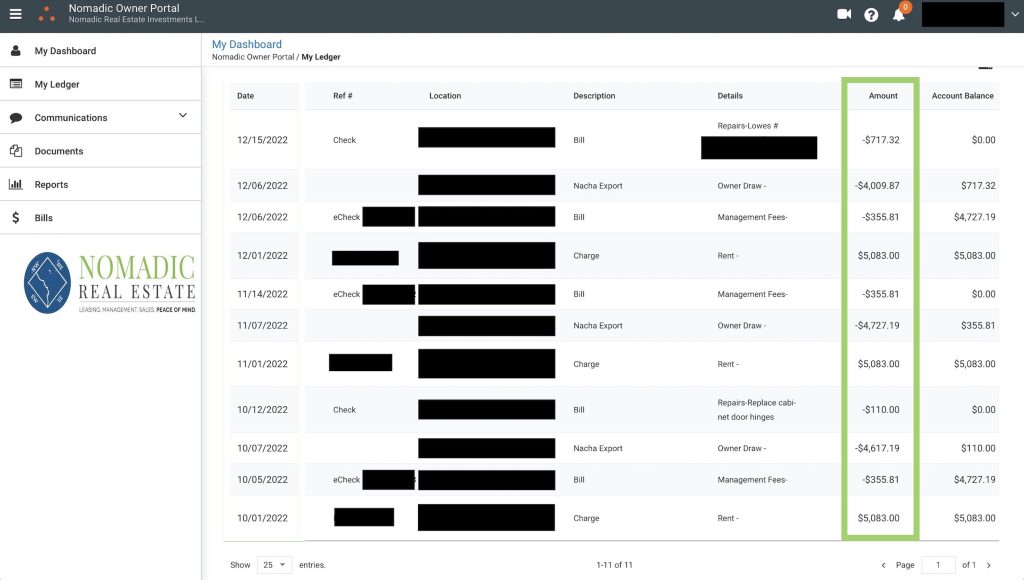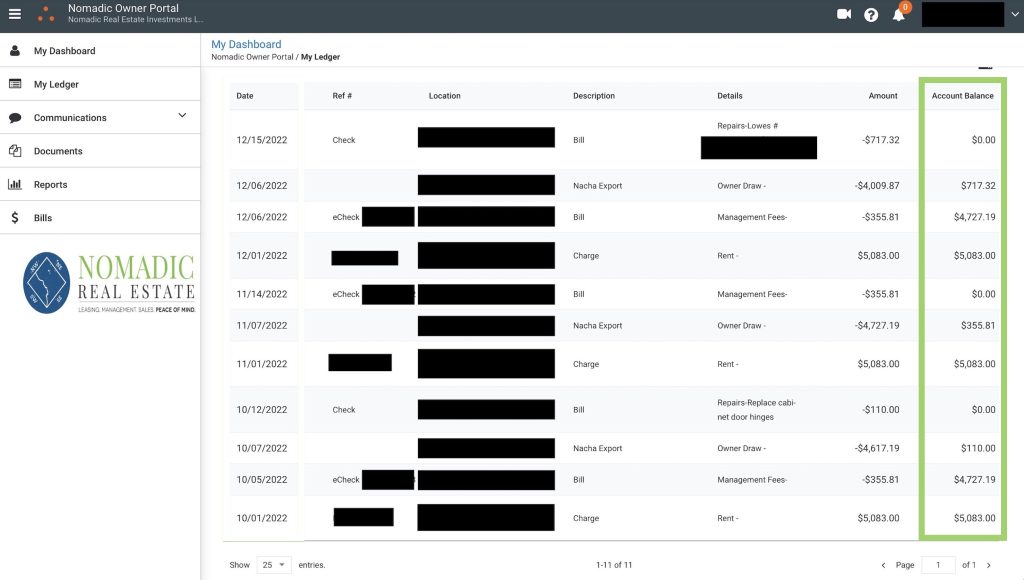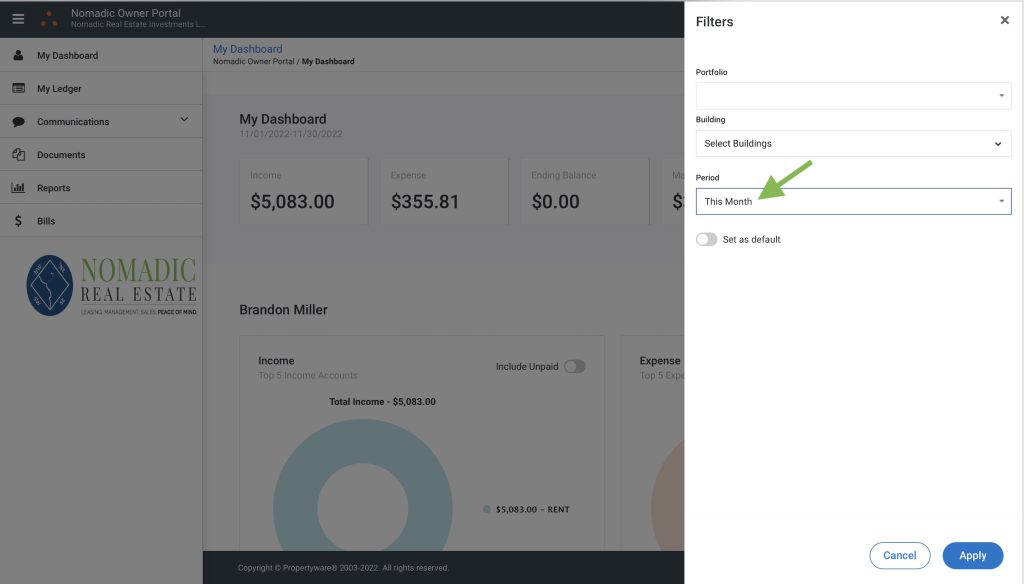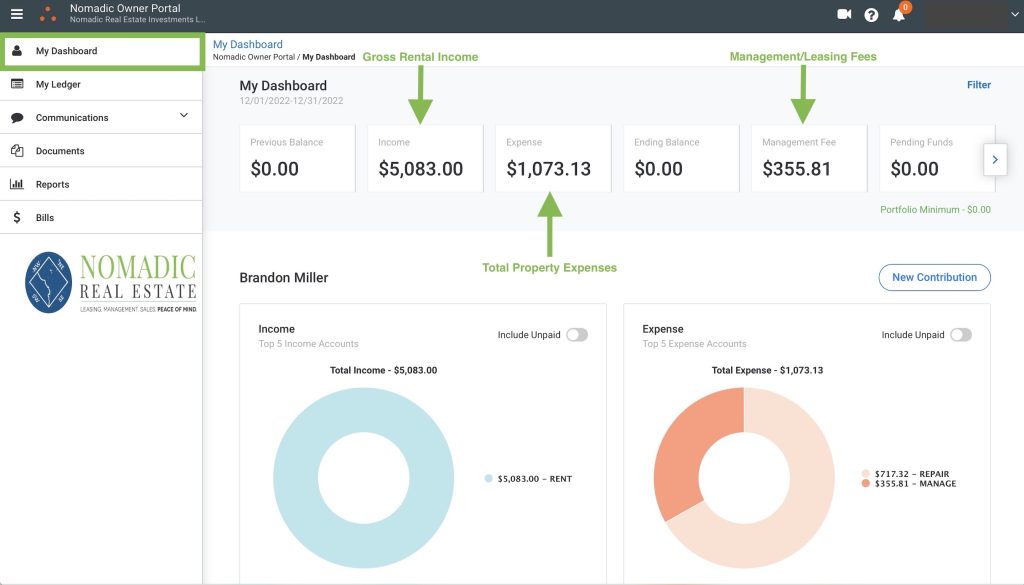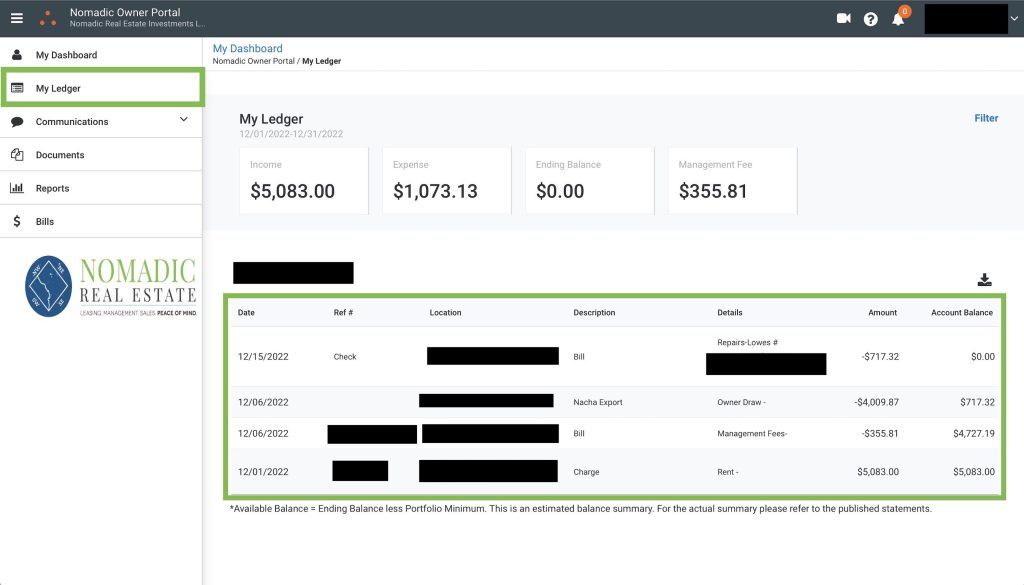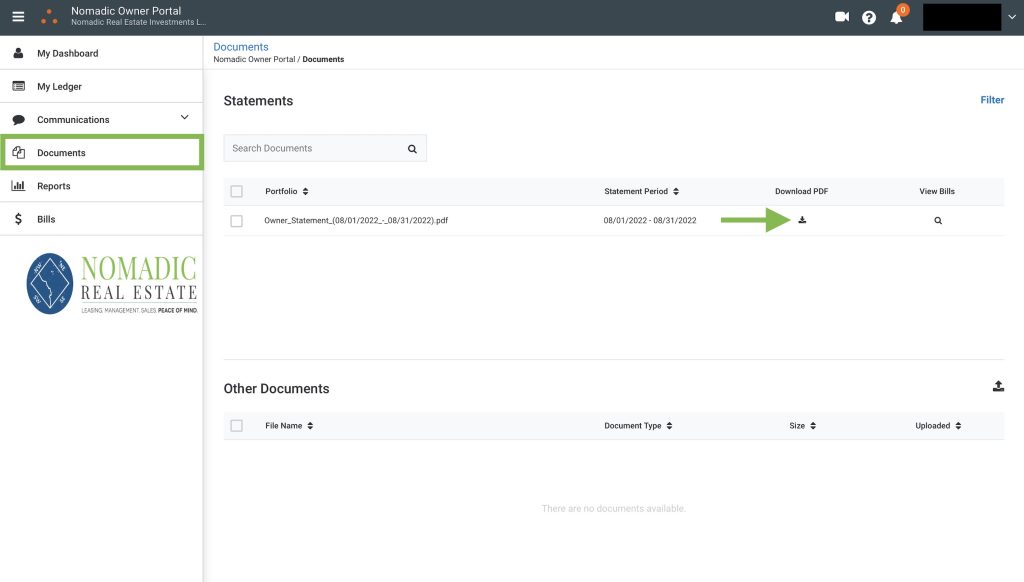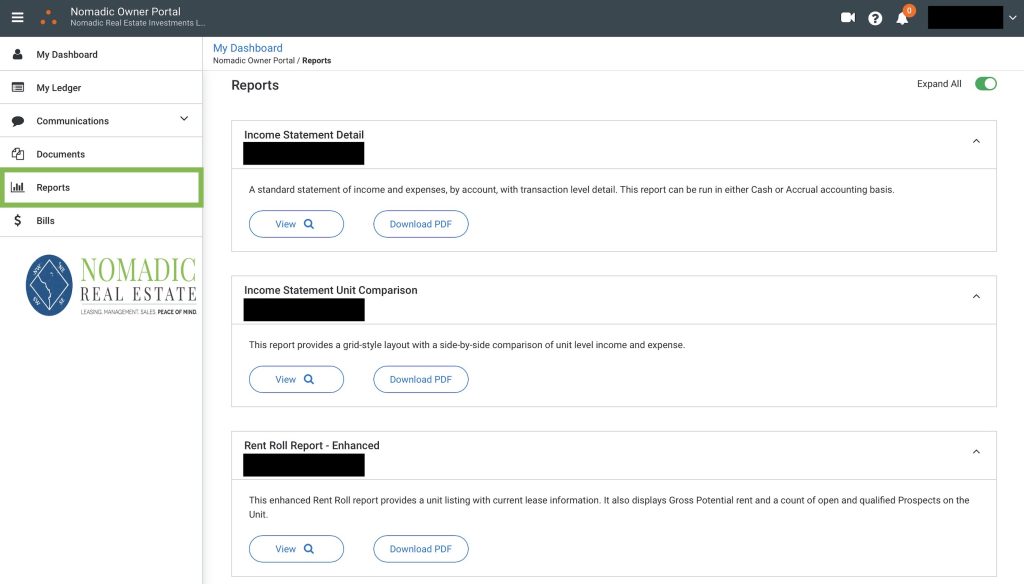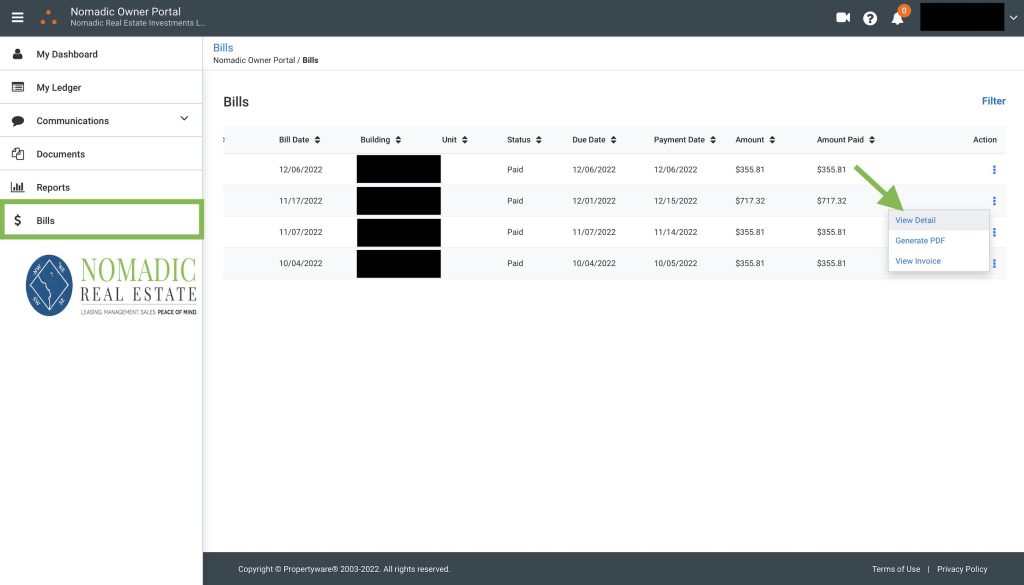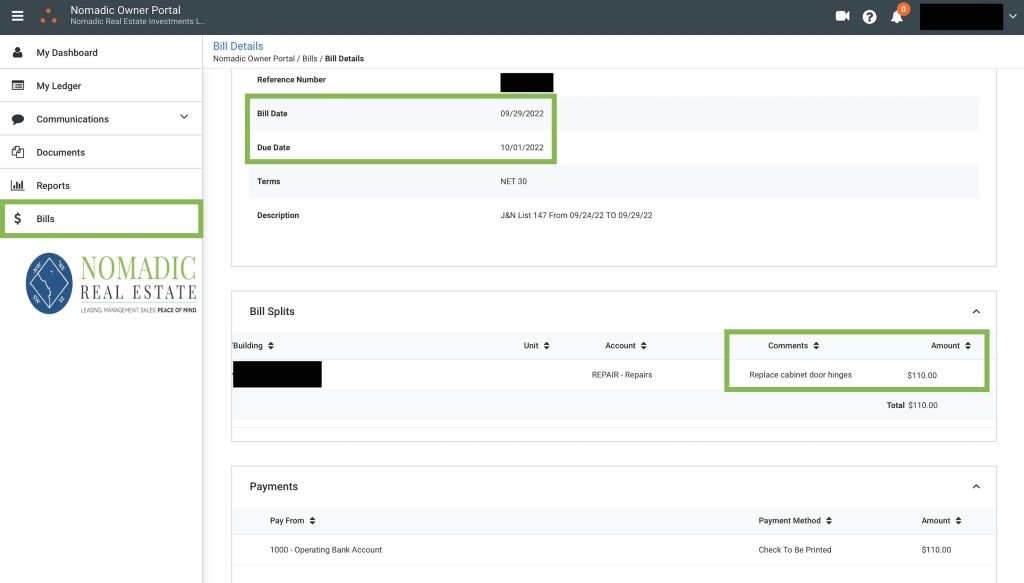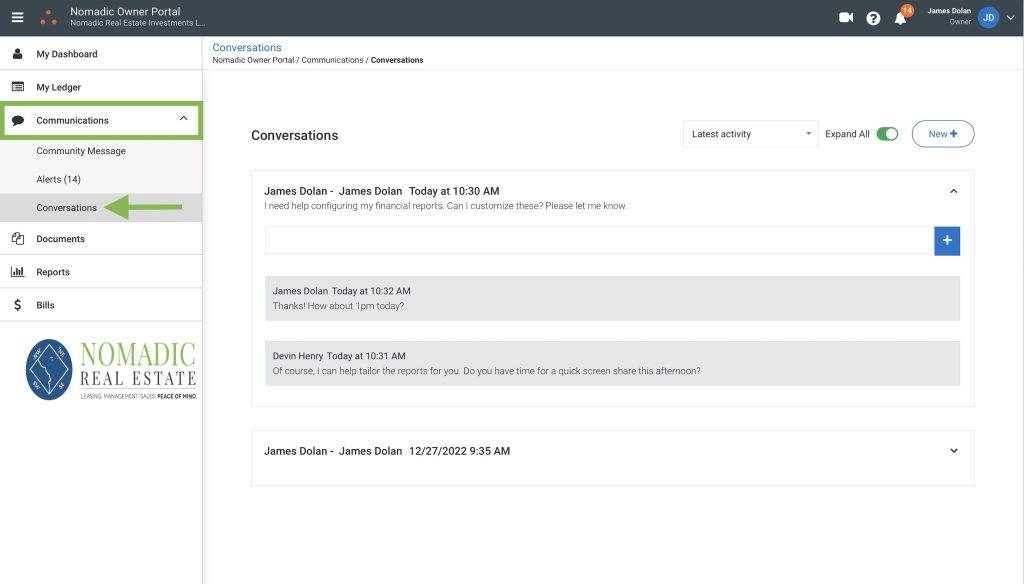Damage is an unfortunate reality for landlords, as there will be scenarios where a tenant leaves your property in poor condition. The expenses associated with major household repairs can be significant, but you’ll have insurance to offset the costs.
Landlords often visit a home after a tenant moves out to find damage to carpets, doors, windows, walls, and countertops, all of which are expensive to replace. Paying out of pocket is a nonstarter, so you’ll contact your insurance provider to file a claim.
Your insurance company will use an adjuster as part of the claims process. This adjuster is an individual who investigates your insurance claim to figure out the insurer’s liability and aims to minimize the insurance company’s overall expenses.
Insurance adjusters aren’t above using some sneaky tactics as they attempt to reduce the insurer’s liability, but there are some ways you can fight back. This guide covers some mistakes to avoid during your interactions with insurance company representatives and provides information on how to scare an insurance adjuster.
Mistakes to Avoid When Speaking to an Insurance Adjuster
The insurance firm’s adjuster will visit your rental property to inspect the damage. They’ll also ask you about the circumstances as they gather information. The goal of this interaction is to discredit your claim, but you can keep things on track by avoiding the following mistakes:
Admitting Fault
Never admit even partial fault to any damage the adjuster finds on the property. The adjuster could use this admission to reduce your payout, even if the damage isn’t directly related to the claim. Your best bet is to say as little as possible and never answer any questions regarding your role in the damage.
Making Untrue Claims
Always be honest with the adjuster. It’s better not to say anything at all than to make an untrue claim because this individual is trained in the field and will uncover evidence during the investigation. You shouldn’t have much to worry about if you’re honest about the situation.
Offering Theories
Your theories about the cause of the damage to your rental property don’t prove anything, so don’t offer them. The property’s repair and replacement costs won’t be based on your opinion anyway, so all your theories do is give the adjuster more information to use against you.
Remember that your insurance adjuster isn’t on your side, as their goal is to save the insurance provider money. Don’t offer any information that isn’t pertinent to the investigation and keep the conversation on track throughout your interactions.
Seven Hacks For Averting Insurance Adjusters’ Secret Tactics
Seasoned insurance adjusters have ways to get information out of you, even if you don’t make obvious mistakes, and they can convince you to accept a lower payout than you deserve. Learning a few hacks can help you avoid these home insurance claim adjuster secret tactics, though, especially if you know what they’re trying to do. Some tricks you can use include the following:
1. Know Your Rights
Insurance adjusters rely on you not knowing your rights and blindly following what they tell you. Understanding that you can research your desired settlement amount and present the insurance company with evidence of what you deserve shows the adjuster that you’re an experienced landlord and could lead to better outcomes as you await an offer.
2. Expect Delays
It’s a near certainty that your insurance adjuster will use a delay tactic, where they’ll take far longer than necessary to make an offer. They might also ignore your calls and emails to make you desperate to accept the first offer they present to you. Knowing there could be delays as you seek a resolution can help you prepare for this tactic, making it less likely to succeed.
3. Ignore False Deadlines
Your insurance adjuster could present you with a lowball offer and a deadline to accept it. They might also tell you you’ll end up with nothing if you don’t take the proposal by the deadline. The deadline is often deceitful, though, and you typically have plenty of time to negotiate a better payout if you believe you deserve one.
4. Understand the Policy
You must understand your insurance policy and what it entitles you to when making a claim. The problem is that most insurance documents are lengthy and complicated, creating challenges as you attempt to read through them. There’s a chance your insurance adjuster will withhold coverage information, so a careful review of the documents is essential.
5. Hire a Loss Assessor
You can hire a loss assessor to help you get the best settlement possible. An assessor works for you by assessing the damage to your rental property and giving you supporting documents to present to the insurance company. Every how-to-scare-insurance-adjuster list must mention hiring a loss assessor because of its immense benefits.
6. Don’t Accept the First Offer
You should rarely accept the first offer unless it exceeds your expectations. Insurance companies often begin the process by making a lowball offer, which you can use as a starting point for your negotiations. Don’t accept this offer because there’s usually more money available if you wait.
7. Use an Attorney
One of the most damaging home insurance claim adjuster secret tactics is convincing you that you don’t need an attorney. Every situation is different, but hiring an attorney who understands this process typically leads to better outcomes. Property management firms can also help you deal with insurance companies and adjusters if you don’t have a lawyer.
Following these tips can put you in a better position as you deal with your insurance company. Remember that you and the insurer aren’t on the same side, so you’ll have to work hard to protect your interests throughout the negotiation.
Get Property Management Help
Hiring a property management firm to assist with your rental property can eliminate much of the stress you’ll deal with as a landlord. Your property manager will handle problem tenants, arrange for repairs, and interact with your insurance company, providing the best possible outcomes for you.
Nomadic Real Estate offers property management services in the Washington, D.C., area. We understand how insurance companies can manipulate you, but our property management professionals know how to handle the situation. Contact Nomadic Real Estate to learn more about the benefits we provide.










